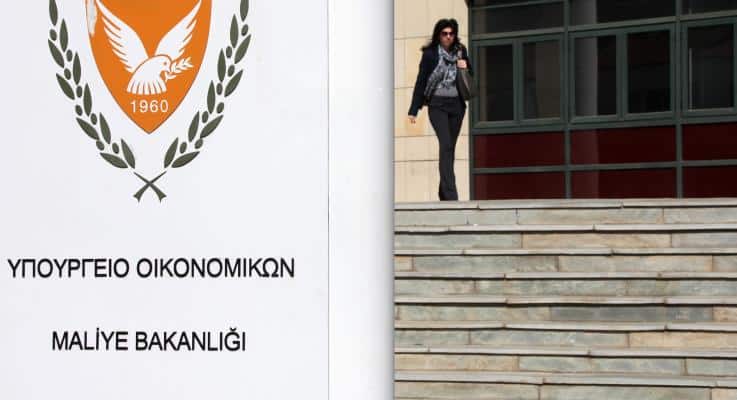Great Sea Interconnector Stalled: Finance Ministry Rejects Funding Amid Project Freeze

A major blow to Greece’s energy infrastructure ambitions has been delivered as the Finance Ministry has firmly rejected funding for the Great Sea Interconnector project, citing its current “frozen” status. This development throws the future of the crucial electricity link into doubt, raising concerns about Greece’s ability to meet its energy targets and secure a stable power supply.
The Great Sea Interconnector is a high-voltage direct current (HVDC) submarine cable designed to connect Greece with Israel and Cyprus, with potential future extensions to other Eastern Mediterranean countries. The project aims to diversify Greece’s energy sources, reduce reliance on fossil fuels, and facilitate the export of renewable energy, particularly from solar and wind farms in the region. It was initially touted as a key component of the European Union’s energy security strategy.
According to sources within the Finance Ministry, the decision to withhold funds stems from the project's prolonged standstill. Several factors have contributed to this freeze, including disagreements over cost overruns, permitting delays and changes in the project's scope. Admie (Independent Transmission System Operator), the Greek entity responsible for the project, has reportedly struggled to secure all necessary approvals and finalize agreements with international partners.
“The ministry has absolutely refused to release any further funds for this project until there is a clear and viable plan to unfreeze it,” a senior ministry official stated. “We cannot continue to pour money into a project that is effectively stalled and showing no signs of progress. We need assurances that the issues have been resolved and that the project can be realistically completed.”
Impact and Concerns: The rejection of funding has significant implications. Beyond the immediate halt to construction, it jeopardizes Greece’s commitments to the EU's energy transition goals. The Interconnector was envisioned as a vital link in the region’s energy grid, facilitating the flow of renewable energy and enhancing energy security. The delay also impacts the potential economic benefits, including job creation and increased investment in the Greek energy sector.
Furthermore, the situation raises questions about the government’s commitment to large-scale infrastructure projects and its ability to manage complex energy initiatives. Critics argue that the lack of coordination between government agencies and the failure to address permitting issues have contributed to the project’s woes.
Looking Ahead: Admie is now under pressure to present a revised plan to the Finance Ministry, outlining concrete steps to overcome the obstacles and restart the project. This includes securing updated cost estimates, resolving permitting issues, and re-establishing consensus among the project’s stakeholders. The success of the Great Sea Interconnector hinges on the ability of all parties to find common ground and demonstrate a renewed commitment to its completion. The EU is also likely to closely monitor the situation, given the project’s strategic importance to regional energy security.
The future of the Great Sea Interconnector remains uncertain. While the project holds immense potential for Greece and the wider Eastern Mediterranean region, its success requires decisive action and a collaborative approach to address the challenges that have brought it to a standstill.






